Most genetic engineering strategies designed to curb mosquito populations — and their ability to spread diseases like malaria — call for gene edits to be combined with a gene drive. According to a new scientific publication genetically engineered mosquitoes produced by the biotech company Oxitec Intrexon have escaped human control after trials in Brazil.
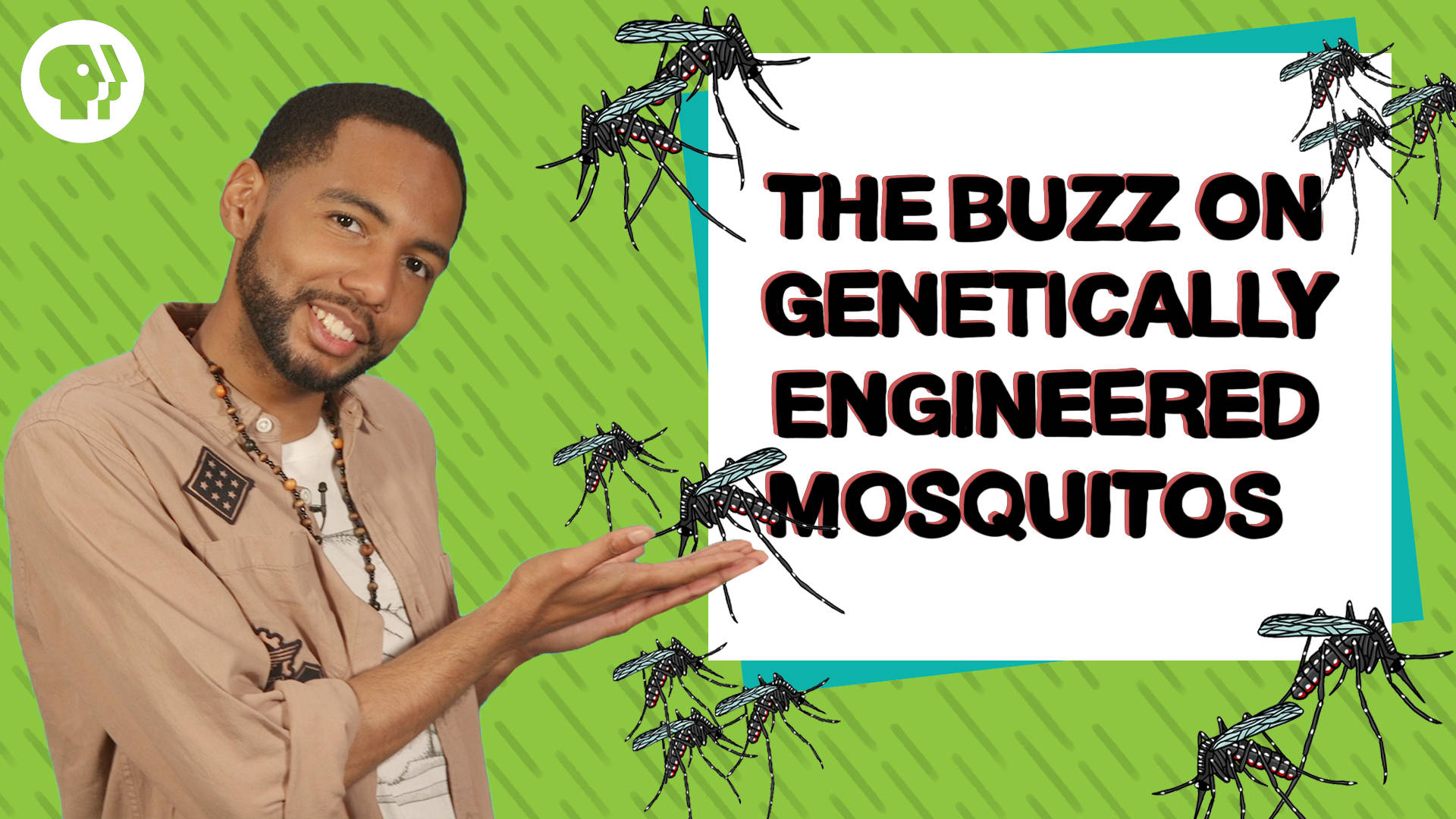 Can Genetically Engineered Mosquitoes Help Fight Disease Kqed
Can Genetically Engineered Mosquitoes Help Fight Disease Kqed
They are now spreading in the environment.

Genetic engineering mosquito control. The lab is buzzing. Genetically engineered GE insects such as the GE OX513A Aedes aegypti mosquitoes have been designed to suppress their wild-type populations so as to reduce the transmission of vector-borne diseases in humans. In this cage we have the adult mosquitoes says Andrew Hammond a genetic engineer at Imperial College London as he picks up a container made out of white mosquito netting.
They are now spreading in the environment. The yellow fever mosquitos Aedes aegypti are genetically engineered to make it impossible for their offspring to survive. CBSDFWCNN A plan to release genetically modified mosquitoes won federal approval for their release into Harris County beginning in 2021 according to Oxitec the US-owned British-based company that developed the genetically modified organism GMO.
Two genetic engineering technologies are currently being used to modify mosquitoes and both are in the trial stage. According to a new scientific publication genetically engineered mosquitoes produced by Oxitec Intrexon have escaped human control after trials in Brazil. Genetic engineering against mosquito.
It has more concern about environmental and human health safety concerns as well as resistant development against pesticide. Genetic control strategies aim either to suppress target populations or to introduce a harm-reducing novel trait. Female-specific genes provide interesting candidates for population control since female mosquitoes determine the reproductive capacity of a population as well as being the actual vectors of disease.
Mosquito control through the environmental interplay and pesticide application used to be the most common strategy for the control of mosquito borne diseases. After due consideration regulators in several countries have approved limited field trials as part of an incremental testing and scale-up process. Quoting the BBC Tuesday November 17 the project was strongly protested by environmental groups.
Plates were sent to the Functional Genomics Core at the. But having mosquitoes that dont transmit pathogens in the laboratory doesnt help people in the wider world. Approximately 200ng of genomic DNA from individual mosquitoes were placed in 95 wells of a 96 well plate with one distilled water control.
Approved by the Environment Protection Agency in May the pilot project is designed to test if a genetically modified mosquito is a viable alternative to spraying insecticides to control the Aedes. After release they were supposed to mate with female. In August local officials in Florida United States US approved the release of 750 million mosquitoes that have been genetically engineered to reduce the population of mosquitoes that carry diseases such as dengue fever or the zika virus.
Genetics can potentially provide new species-specific environmentally friendly methods for mosquito control. Gene drives aim to spread a genetic element within target genes required for mosquito reproduction to disrupt their function and crash a population. The British team used CRISPR to create a gene drive that altered part of a gene known as doublesex That gene plays a crucial role in determining whether individual mosquitoes are male or female.
A crucial target for mosquito control Many genetic engineering proposals revolve around inserting into mosquitoes a select set of new genes along with a gene drive A gene drive is a genetic component that forces the new genes to spread in the population. Nonetheless as for conventional genetic engineering of mosquitoes the relevant research groups have worked hard to clarify and comply with all applicable regulations 10 27 38 58 60 71. Different approaches differ considerably in their properties especially between self-limiting strategies where the.
When they mated with wild female mozzies this gene would drastically cut down the number of offspring they. Male Aedes aegypti mosquitoes were genetically engineered to have a dominant lethal gene. One is a self-limiting technology which Oxitec uses where the modified mosquitoes contain a lethal gene that is passed on to offspring to prevent the larvae from developing into adults.
Other scientists have developed genetic strategies that simply kill the mosquitoes that carry a specific engineered gene. The yellow fever mosquitoes Aedes aegypti are genetically engineered to make it impossible for their offspring to survive.
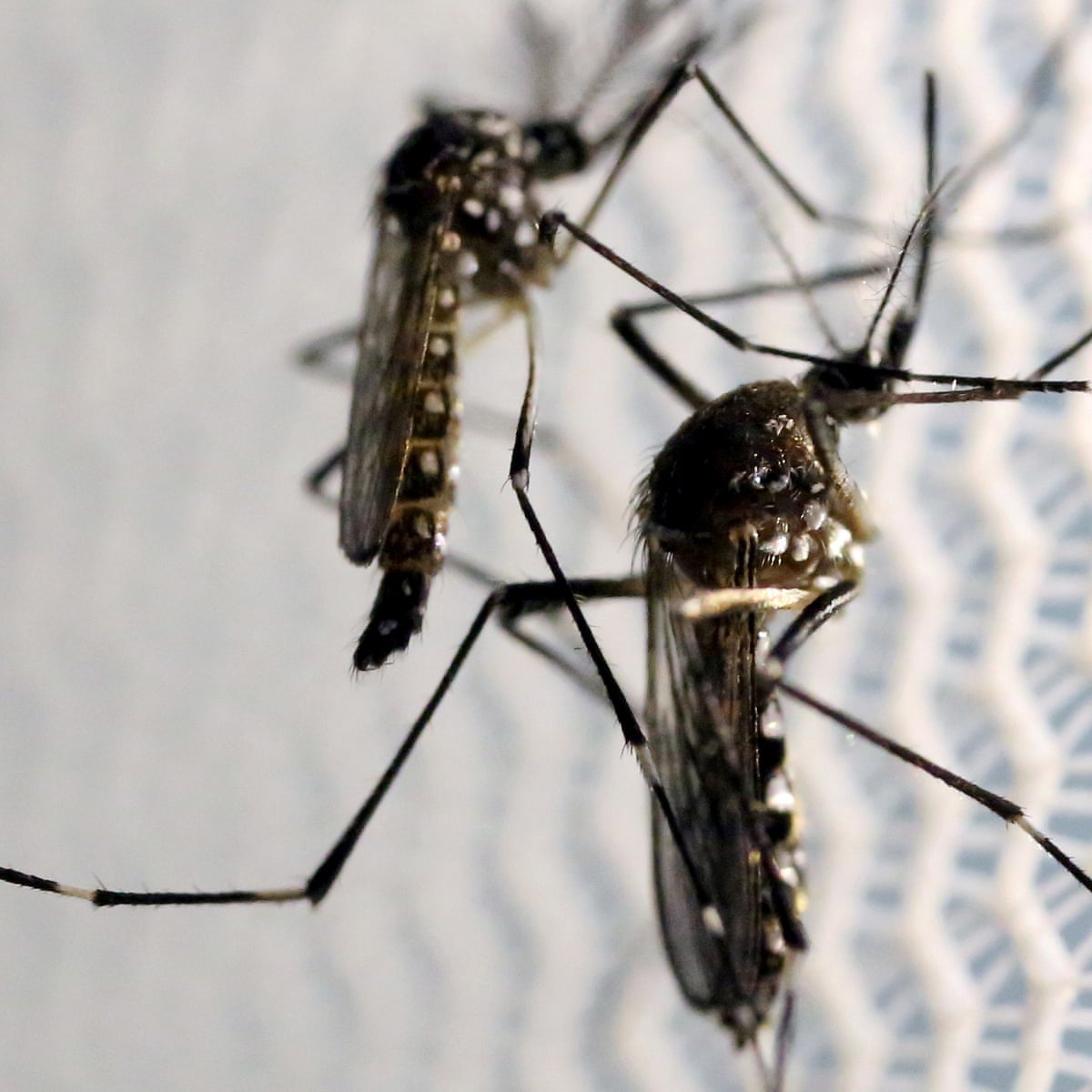 Plan To Release Genetically Modified Mosquitoes In Florida Gets Go Ahead Insects The Guardian
Plan To Release Genetically Modified Mosquitoes In Florida Gets Go Ahead Insects The Guardian
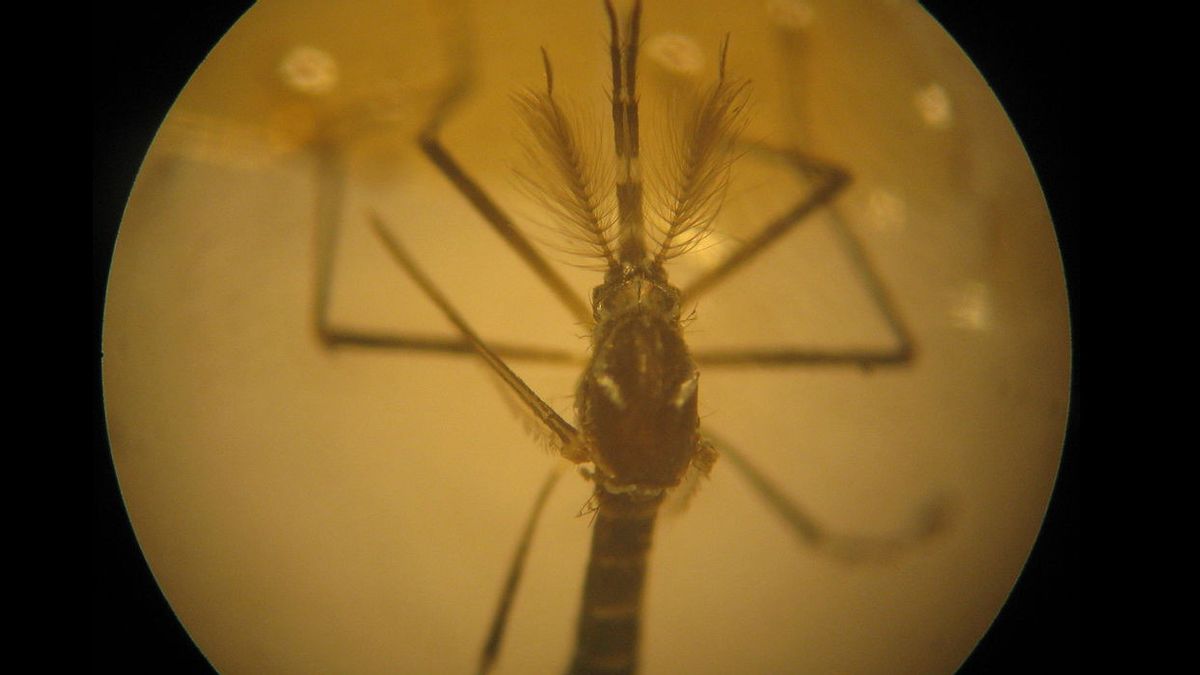 Bill Gates Controversial Genetically Engineered Mosquito Comes True
Bill Gates Controversial Genetically Engineered Mosquito Comes True
 How Genetically Engineered Mosquitoes Will Save Lives The Sunday Times Magazine The Sunday Times
How Genetically Engineered Mosquitoes Will Save Lives The Sunday Times Magazine The Sunday Times
 Gmos And Engineered Food Gmo Facts Gmos Gmo Foods
Gmos And Engineered Food Gmo Facts Gmos Gmo Foods
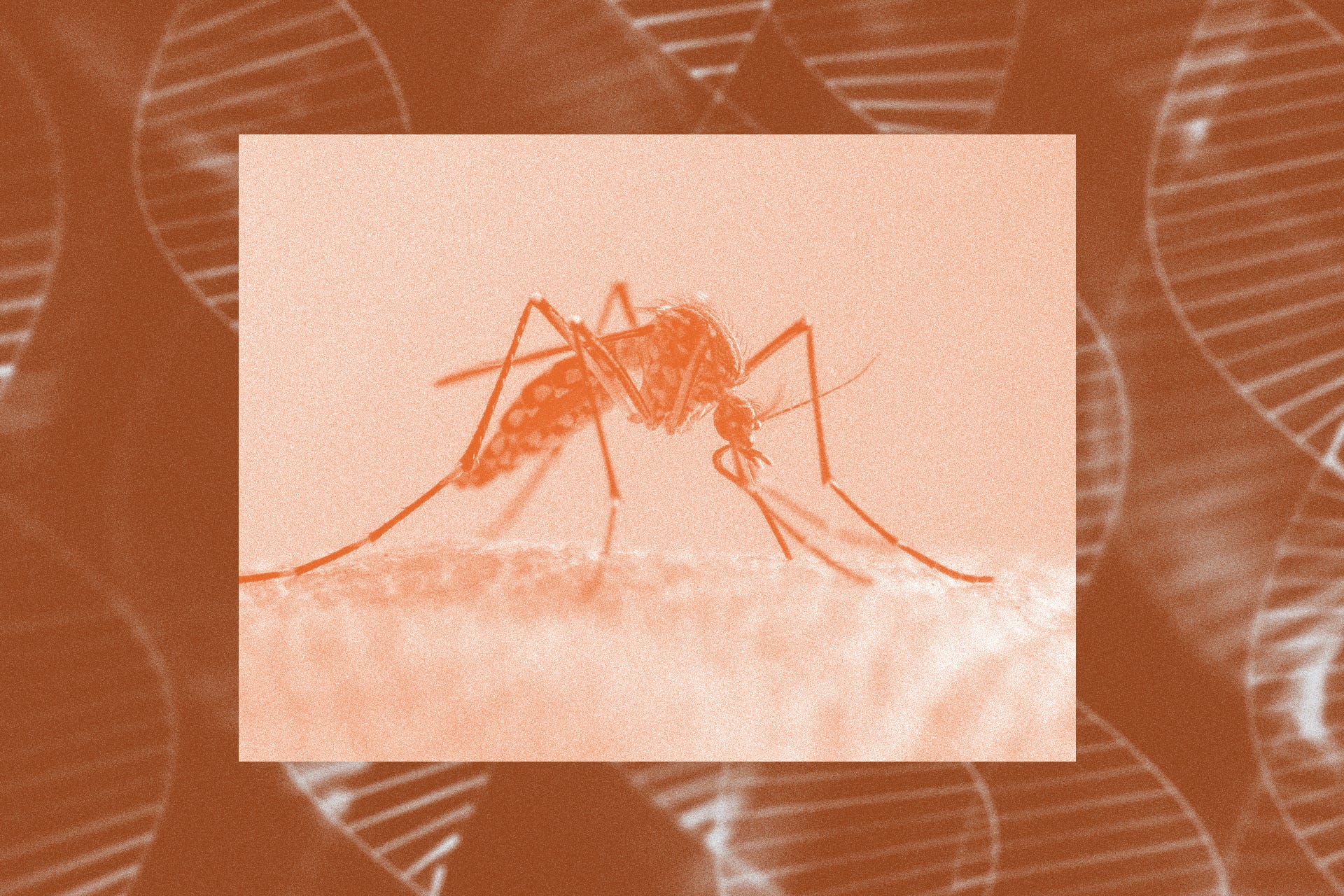 Millions Of Genetically Engineered Mosquitoes Will Be Released In Florida Soon Future Human
Millions Of Genetically Engineered Mosquitoes Will Be Released In Florida Soon Future Human
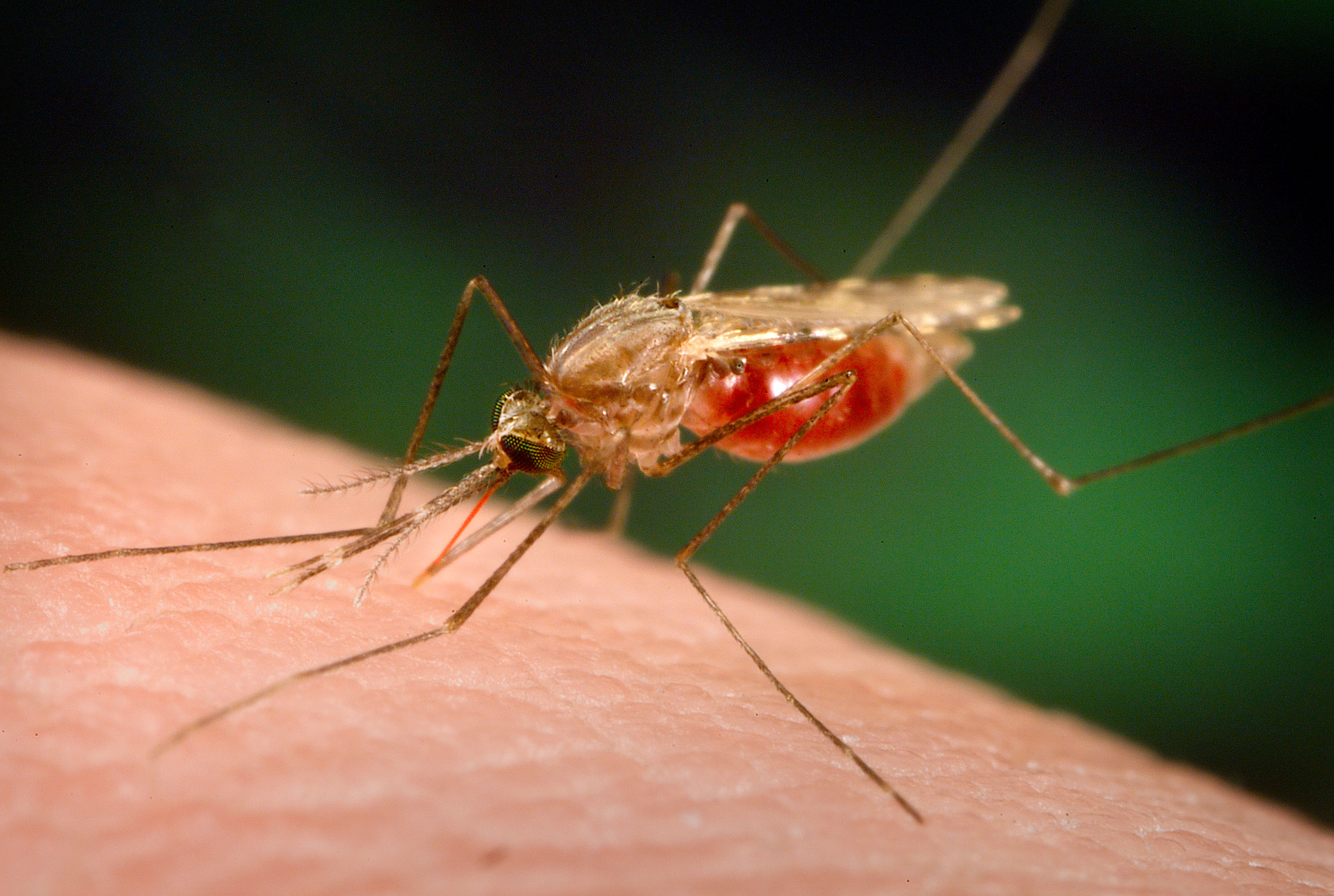 Crispr Use Creates Malaria Resistant Mosquitoes
Crispr Use Creates Malaria Resistant Mosquitoes
 Self Destructing Mosquitoes And Sterilized Rodents The Promise Of Gene Drives Nature News Jul 19 Gene Genetics Centers For Disease Control
Self Destructing Mosquitoes And Sterilized Rodents The Promise Of Gene Drives Nature News Jul 19 Gene Genetics Centers For Disease Control
 Pin On Environment Wildlife Conservation
Pin On Environment Wildlife Conservation
 Pin By Tara Tan On Peace Keeping Mosquito Soldier Mosquito Insect Pest Female Mosquito
Pin By Tara Tan On Peace Keeping Mosquito Soldier Mosquito Insect Pest Female Mosquito
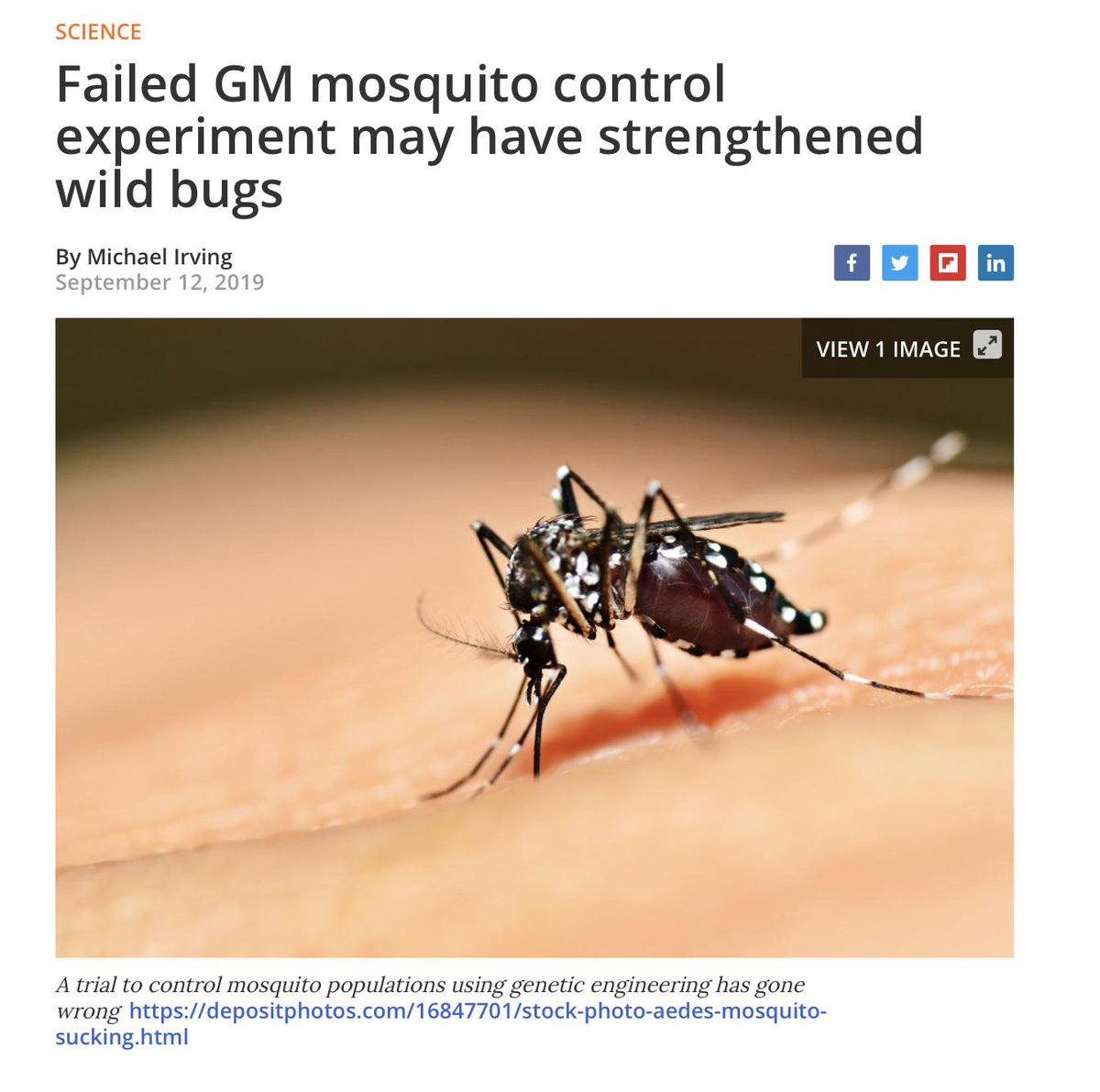 Nassim Nicholas Taleb On Twitter Of Course The Genetically Modified Mosquito Project Has Gone Wrong With Really Unforeseen Outcomes When Will Iyis Learn That We Don T Understand Complex Systems Enough To Play
Nassim Nicholas Taleb On Twitter Of Course The Genetically Modified Mosquito Project Has Gone Wrong With Really Unforeseen Outcomes When Will Iyis Learn That We Don T Understand Complex Systems Enough To Play
 Pin On Genetic Engineering Bioengineering Stem Cell Therapy
Pin On Genetic Engineering Bioengineering Stem Cell Therapy
 Genetic Modification Of Mosquitoes Could Provide New Weapon Against Malaria Goats And Soda Npr
Genetic Modification Of Mosquitoes Could Provide New Weapon Against Malaria Goats And Soda Npr

